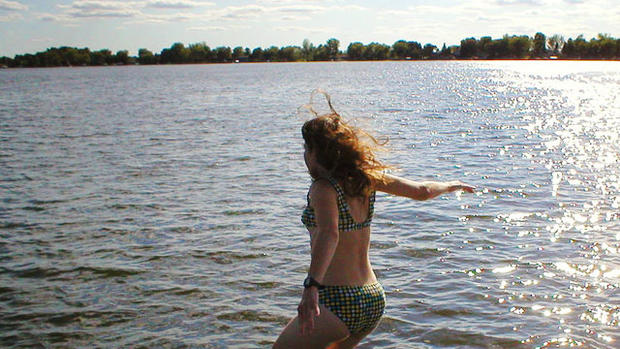New case of rare brain-eating amoeba in South Carolina
Health officials say a South Carolina resident has contracted a rare, potentially deadly brain-eating amoeba that is naturally present in warm fresh water.
State Department of Health and Environmental Control epidemiologist Linda Bell tells news outlets the Centers for Disease Control and Prevention confirmed Tuesday that the patient was exposed to Naegleria fowleri, a one-celled organism that can cause a condition called primary amebic meningoencephalitis -- inflammation of the brain.
The individual is believed to have been exposed to the amoeba while swimming July 24 near Martin's Landing on the Edisto River in Charleston County.
Bell said the infection is extremely difficult to contract, requiring very specific circumstances, CBS affiliate WCSC reports. The organism doesn't cause illness if swallowed, but it can be deadly if it's forced up the nose.
"First, you must be swimming in water in which the amoeba is present," Bell said. "Second, you must jump into the amoeba-containing water feet-first, allowing the water to go up your nose with enough force that the amoeba can make its way to the brain." Most commonly, the amoeba dies out before causing infection.
The best way to avoid the risk of Naegleria fowleri is by taking a few prevention measures.
"You should avoid swimming or jumping into bodies of fresh water when the water is warm and the water levels are low. Also, you should either hold your nose or use a nose plug. You cannot be infected by merely drinking water containing the amoeba," Bell said.
Other safety tips include:
- Avoid water-related activities in warm, untreated, or poorly treated water
- Hold your nose shut or use nose clips when taking part in water-related activities.
- Avoid digging in or stirring up sediment surrounding warm, fresh water.
The Naegleria fowleri amoeba is only found in fresh water like lakes, rivers and ponds, not in salt water like the ocean.
The CDC said only about 10 cases are reported in the U.S. each year, and nearly all of them are fatal. Earlier this summer, an Ohio teen died after contracting the amoeba at the U.S. National Whitewater Center in North Carolina.
